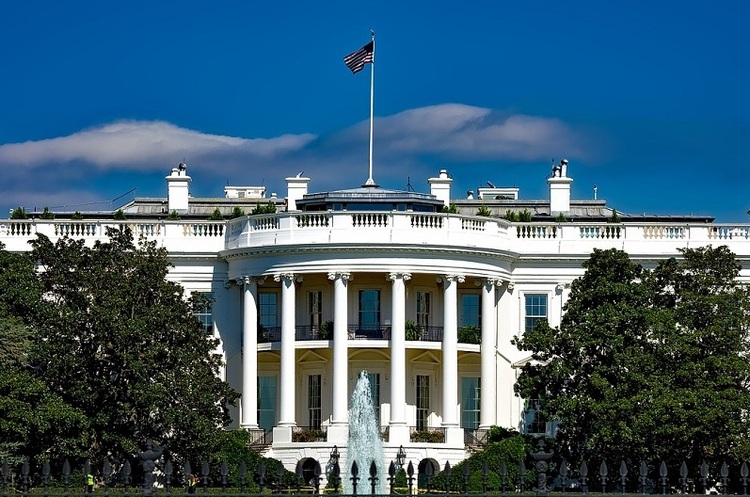White House considers military support for Ukraine based on 'Israeli model' – NYT
Prior to russia's invasion of Ukraine, Israel was the largest recipient of US military aid, amounting to $150 billion

The administration of US President Joe Biden is considering military support for Ukraine based on the "Israeli model", which does not include joining NATO.
Source. This was reported by the New York Times.
It is a question of providing long-term security guarantees – in this way, the White House intends to "convince" russian dictator Putin that the supply of weapons and military equipment to Kyiv will not stop.
Israel is not a member of NATO and the United States is not obliged to come to its defense in case of an attack. However, before russia's invasion of Ukraine, it was Israel that was the largest recipient of military aid from Washington, which reached $150 billion.
The details of the countries' cooperation are spelled out in ten-year agreements. The current one states that the United States is to provide Israel with $38 billion in military aid from 2019 to 2028.
The White House notes that commitments to Ukraine "will almost certainly be shorter," but this will not only send a clear signal to Putin, but also "remove some of the politics from the debate over how much aid to provide to Kyiv in the next six months or a year."
According to the newspaper, this option is unlikely to suit Ukrainian President Volodymyr Zelensky, who believes that only NATO membership can guarantee the country's security.
In May, The Wall Street Journal reported that the US and EU could provide Ukraine with commitments aimed at strengthening its defense capabilities and sovereignty without joining the alliance. The United States is ready to act as a key guarantor in these agreements, and the UK, Germany and France are ready to participate in the agreement, the newspaper noted.
In February of this year, former Israeli Prime Minister Naftali Bennett said that after the outbreak of war in March 2022, Zelensky agreed to the "Israeli model," which provided for the refusal to join NATO while creating a powerful army for self-defense. However, the negotiations, mediated by Bennett, reached a deadlock after dozens of civilian bodies were found in Bucha.
If you have read this article to the end, we hope that means it was useful for you.
We work to ensure that our journalistic and analytical work is of high quality, and we strive to perform it as competently as possible. This also requires financial independence. Support us for only UAH 196 per month.
Become a Mind subscriber for just USD 5 per month and support the development of independent business journalism!
You can unsubscribe at any time in your LIQPAY account or by sending us an email: [email protected]



